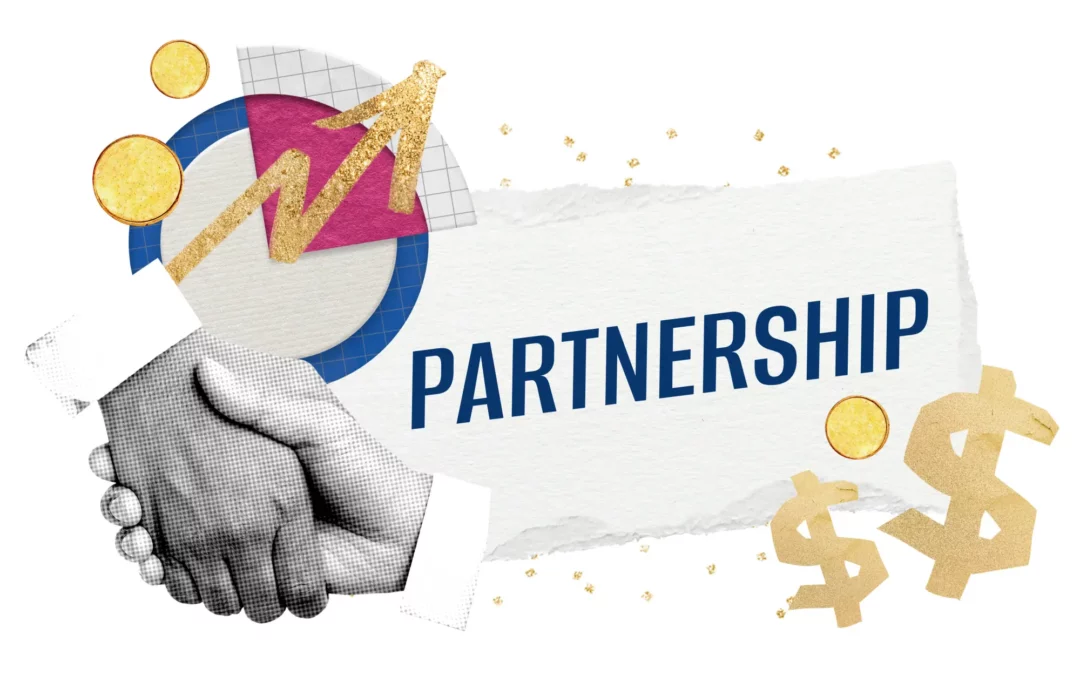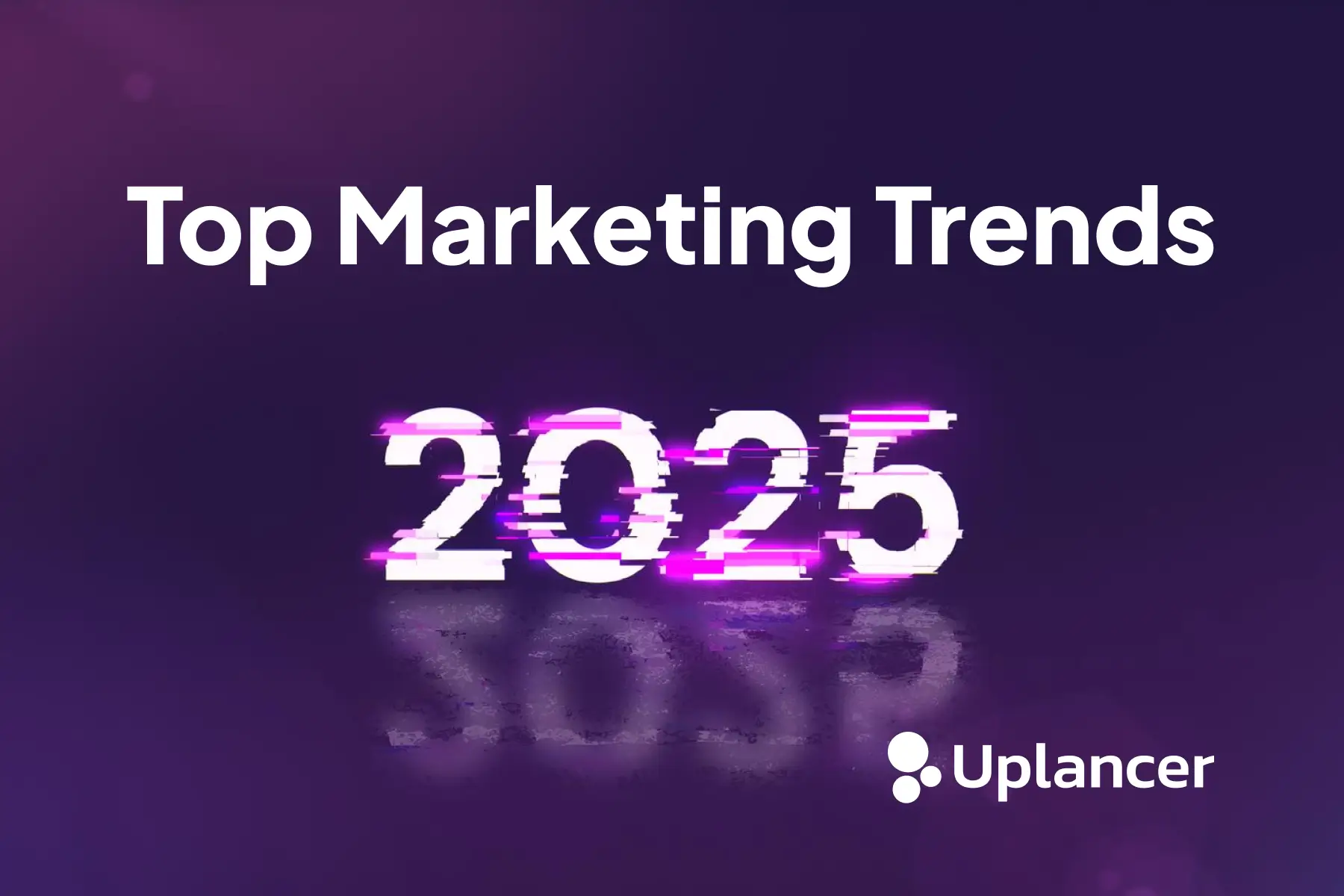Whether you’re the owner of a business or a decision-maker at one, hiring a digital marketing agency can be a game-changer. The right one can help drive growth, support lead generation, and elevate your brand. However, if you already have an agency in place or are considering one, it’s important to understand that marketing success depends not only on who you choose but also on how well the partnership is structured and managed.
Because we’ve been on both sides as a client and a service provider, we can confidently say that the most successful marketing engagements are built differently. In fact, they are the combination of clear contracts, open communication, shared accountability, and measurable results that create true alignment and long-term performance.
If you’re looking to get the most out of your digital marketing partnership, here’s what you need to focus on:
1. Have a Solid Contract in Place
We can’t stress this enough. A strong contract is the foundation of any successful partnership. It clearly defines expectations, deliverables, and responsibilities, ensuring that both parties are on the same page. A good contract must include:
- A well-defined scope of work outlining what will be delivered.
- A timeline for deliverables and milestones.
- Payment terms and any contingencies for late payments.
- Dispute resolution protocols in case issues arise.
Having a strong contract prevents misunderstandings before they happen. It also establishes a baseline for all the work that gets done.
If you’re unsure about any part of it, consult with legal counsel to make sure your contracting is airtight.
2. Trust Them as Experts, But Still Ask Questions
You hired an agency because they’re the marketing experts. You, on the other hand, are the subject matter expert in your industry. A successful partnership requires a balance of both.
One common challenge we see is businesses hesitating to break away from the status quo by working with industry-specific agencies. This arrangement often becomes formulaic, leading to a transactional relationship that lacks creativity and innovation and simply does what everyone else is doing.
When in doubt, don’t be afraid to ask tough questions. Pushback is healthy when it’s constructive. Your agency must explain its strategies, the rationale behind the recommendations, and how they plan to achieve your business goals. If something doesn’t sit right with you, explore why. The best agencies thrive on collaboration, not blind execution. They must also come equipped with expert digital marketing services.
3. They Should Do Most of the Listening
At the start of any engagement, including a discovery meeting, strategy session, or onboarding call, you must do most of the talking. The marketing agency’s job is to listen.
Strong marketing is built on a deep understanding of your business. The more you share about your brand, challenges, customer pain points, and long-term vision, the better equipped your agency is to craft a strategy and execution that aligns with your business goals.
Hold nothing back. Tell them what has worked in the past and what hasn’t. Share your insights about your customers. Agencies can work magic, but only if they have the right information to start with.
4. Treat Them Like a Partner, Not a Vendor
Think about the difference between a partner and a vendor. A vendor delivers what you ask for. A good marketing partner should be invested in your success and think strategically about how to drive results. That means offering recommendations, proactively solving problems, and sometimes telling you things you might not want to hear.
5. Be Patient with the Process, But Accountable with Results
Marketing is a long game, and there’s always a ramp-up period in the beginning. Depending on the scope of work, it can take weeks or even months to see traction. Be patient with the process, but hold your agency accountable for results.
Once campaigns are live, you’ll need to be the eyes and ears on the ground. Your marketing agency relies on you for qualitative insights that can’t be found through analytics alone. Provide feedback on:
- The quality of leads you’re receiving.
- Customer reactions and responses.
- Seasonal trends that might impact performance.
- Insights from your industry that the agency may not already have.
The more you share, the more effective your agency will be at fine-tuning its marketing approach. Keep in mind that marketing isn’t a set-and-forget approach; it’s a continuous process of optimization backed by learning.
6. Align on Decisions and Stack Hands
You may not always agree with your marketing agency, and that’s perfectly normal. However, how you reach a final decision matters and should not become a source of unhealthy conflict. That’s because decision-making should be a collaborative process where both sides work together toward the best possible outcome. It should also be guided by data and experience. This approach helps ensure expectations are clear and reduces the chance of surprises down the road.
Nothing derails a partnership faster than misalignment. So, once a major decision is made, make sure everyone understands the reasoning behind it and stacks hands moving forward.
The Bottom Line
Working with a marketing agency can be one of the best investments you make, but only if you approach it the right way. Make sure you:
- Have a strong contract to set clear expectations.
- Trust your agency, but don’t hesitate to ask questions.
- Communicate openly and share as much information as possible.
- Treat them as a partner, not just a vendor.
- Be patient with the process, but push for results.
- Align on decisions to ensure a smooth working relationship.
Looking for a digital marketing agency that treats your business like its own? Let’s talk! Reach out to Uplancer Agency today to get started.













